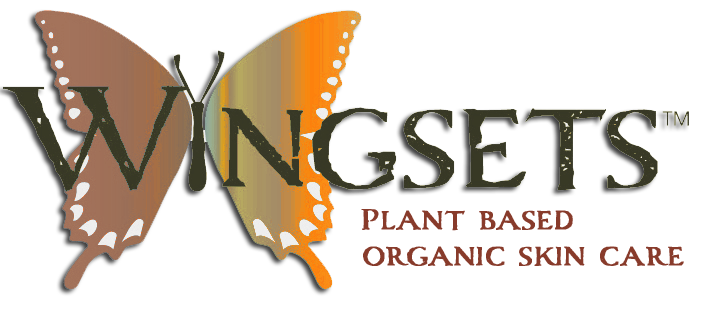Magnesium - do you get enough?
We subscribe to consumerlab.com and their newsletter which is always full of very good, update, accurate and needed information. Here is a quote from a recent article that they published. I can't link directly to that link because it is a secured url and requires a subscription. Which is fine, that's how they keep in business as they don't sell anything.
So - do you eat enough magnesium rich foods every day, or do you take a supplement, none of these or both of these? Here's why you should think about it.
"An analysis of several studies concluded that magnesium may help reduce the risk of stroke. People who consumed 100 mg of magnesium more per day than average (the average being about 300 mg) had an 8% lower risk of strokes of any kind and a 9% lower risk of ischemic stroke (Larsson, Am J Clin Nutr 2012). This finding is based on total magnesium in the diet -- it does not mean that 100 mg of magnesium from a supplement will necessarily have the same risk-lowering effect, but getting a total of at least 400 mg of magnesium from your diet per day may be beneficial."
What else does magnesium do?
Well it does a lot of things, but to keep it short, it is important to take it with any calcium supplement that you might take. It also relaxes nerves and muscles, which is why I like to take my calcium/magnesium supplement before bedtime.
Foods rich in magnesium: Truthfully, magnesium isn't all that difficult to get enough of. I use the supplement because it is important to take it with calcium in order for calcium to be absorbed. I've been working on a blog about cow's milk (got way more complicated than I'd planned) and there will be more information about calcium in that blog.
According to Whole Foods, here is a list of foods rich in magnesium:
- Pumpkin seeds
- Spinach
- Swiss Chard
- Soybeans
- Sesame seeds
- Halibut
- Black beans
- Sunflower seeds
- Cashews
- Almonds
Whole Foods has an amazing amount of information on their website, so if you want more information than you could possibly imagine, check out their page on magnesium.
Thanks for listening!


















